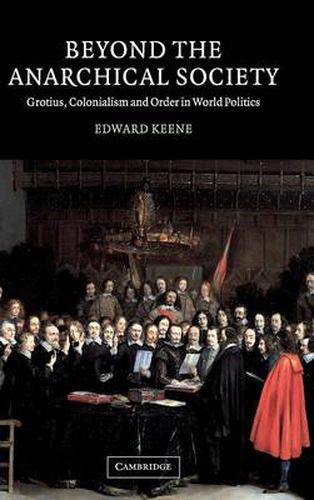Readings Newsletter
Become a Readings Member to make your shopping experience even easier.
Sign in or sign up for free!
You’re not far away from qualifying for FREE standard shipping within Australia
You’ve qualified for FREE standard shipping within Australia
The cart is loading…






Edward Keene argues that the conventional idea of an ‘anarchical society’ of equal and independent sovereign states is an inadequate description of order in modern world politics. International political and legal order has always been dedicated to two distinct goals: to try to promote the toleration of different ways of life, while advocating the adoption of one specific way, that it labels ‘civilization’. The nineteenth-century solution to this contradiction was to restrict the promotion of civilization to the world beyond Europe. That discriminatory way of thinking has now broken down, with the result that a single, global order is supposed to apply to everyone, but opinion is still very much divided as to what the ultimate purpose of this global order should be, and how its political and legal structure should be organised.
$9.00 standard shipping within Australia
FREE standard shipping within Australia for orders over $100.00
Express & International shipping calculated at checkout
Edward Keene argues that the conventional idea of an ‘anarchical society’ of equal and independent sovereign states is an inadequate description of order in modern world politics. International political and legal order has always been dedicated to two distinct goals: to try to promote the toleration of different ways of life, while advocating the adoption of one specific way, that it labels ‘civilization’. The nineteenth-century solution to this contradiction was to restrict the promotion of civilization to the world beyond Europe. That discriminatory way of thinking has now broken down, with the result that a single, global order is supposed to apply to everyone, but opinion is still very much divided as to what the ultimate purpose of this global order should be, and how its political and legal structure should be organised.